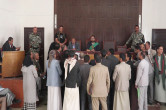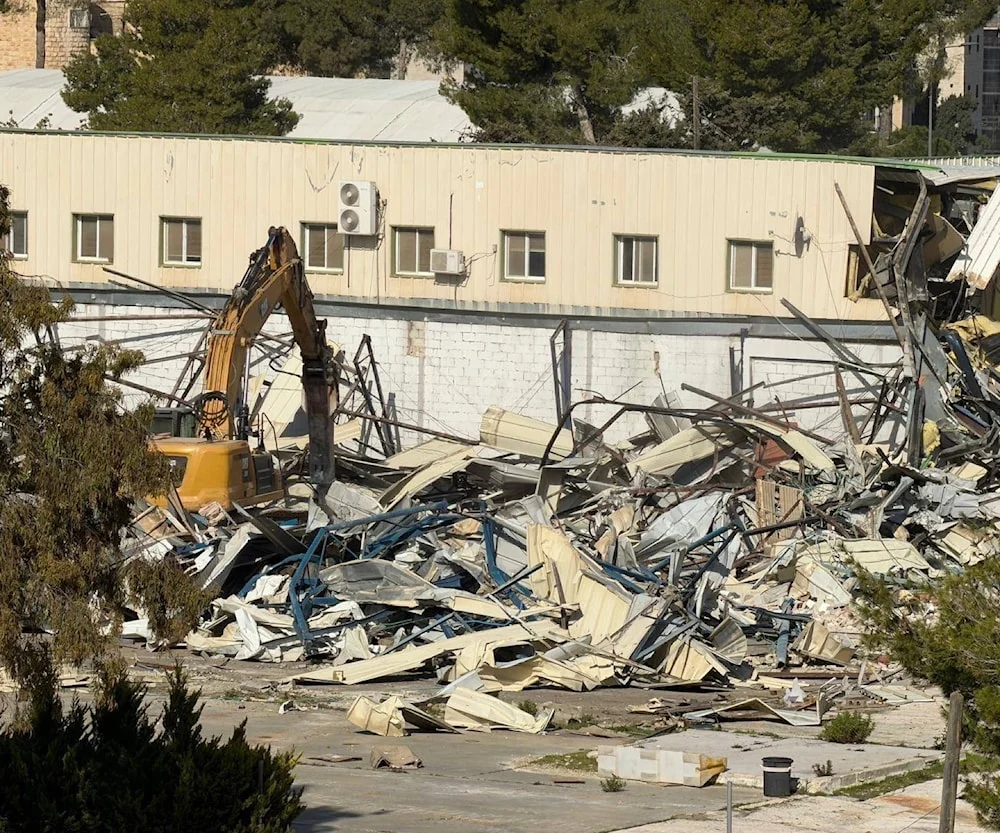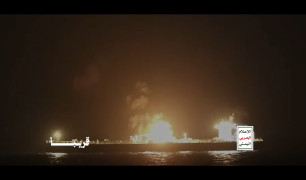مستشار قائد الثورة الإسلامية: ردنا على العدوان سيكون فوريا وغير مسبوق يستهدف المعتدي وجميع مؤيديه وقلب "تل أبيب"
مستشار قائد الثورة الإسلامية: الضربة المحدودة وهم وأي عمل عسكري أمريكي من أي مصدر وعلى أي مستوى سيعد بداية حرب
الشيخ الكعبي: بخصوص إيران فإن شعب العراق لن يقف متفرجا على أصدقائه ومن وقف معه في محنته في محاربة الإرهاب والتكفير
الشيخ الكعبي: الحديث عن استبدال القوات الأمريكية المحتلة بقوات محتلة أخرى من "الناتو" تبقى كلها أهدافا مشروعة لنا
الأمين العام لحركة النجباء العراقية الشيخ أكرم الكعبي: لا يمكن السكوت عن هتك السيادة والسماح بالتدخل في شؤون العراق الداخلية
مصادر فلسطينية: مواجهات مع قوات العدو الإسرائيلي خلال اقتحامها بلدة سعير شمال الخليل في الضفة المحتلة
بيان مشترك لـ 11 دولة من بينها بريطانيا وفرنسا وكندا: ندين بشدة هدم "السلطات الإسرائيلية" لمقر وكالة الأونروا في القدس الشرقية
مصادر فلسطينية: مدفعية العدو الإسرائيلي تقصف مناطق شمال مخيم البريج وسط قطاع غزة
مصادر فلسطينية: قوات العدو تهدم منزلين في بلدة الخضر جنوب بيت لحم جنوب الضفة الغربية المحتلة
نائب المنسق الأممي لعملية السلام بالشرق الأوسط: نحو 1.5 مليون نازح في غزة يعانون أوضاعا إنسانية قاسية







































































